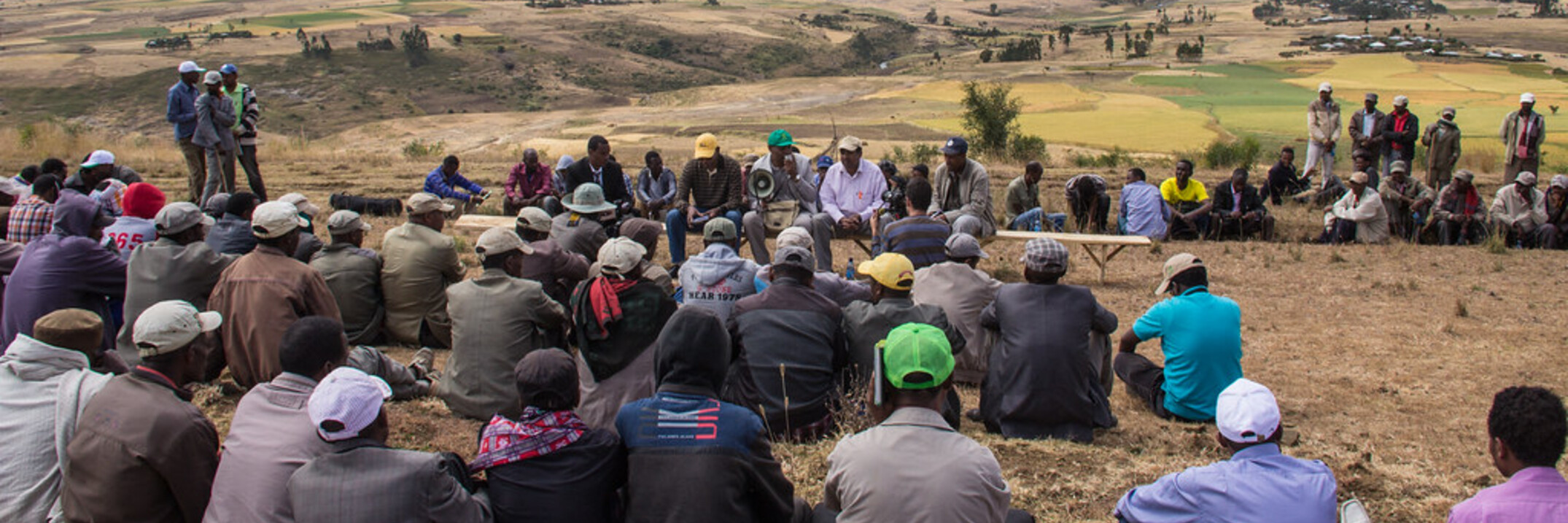Forty factorial experiments with 4 levels of N (0, 40, 80, and 120 kg N/ha and 4 levels of P (0, 8.8, 17.5, and 35 kg P/ha) with two replicates were conducted in farmers’ fields during two consecutive seasons in 1987 and 1988. The sites chosen had...


